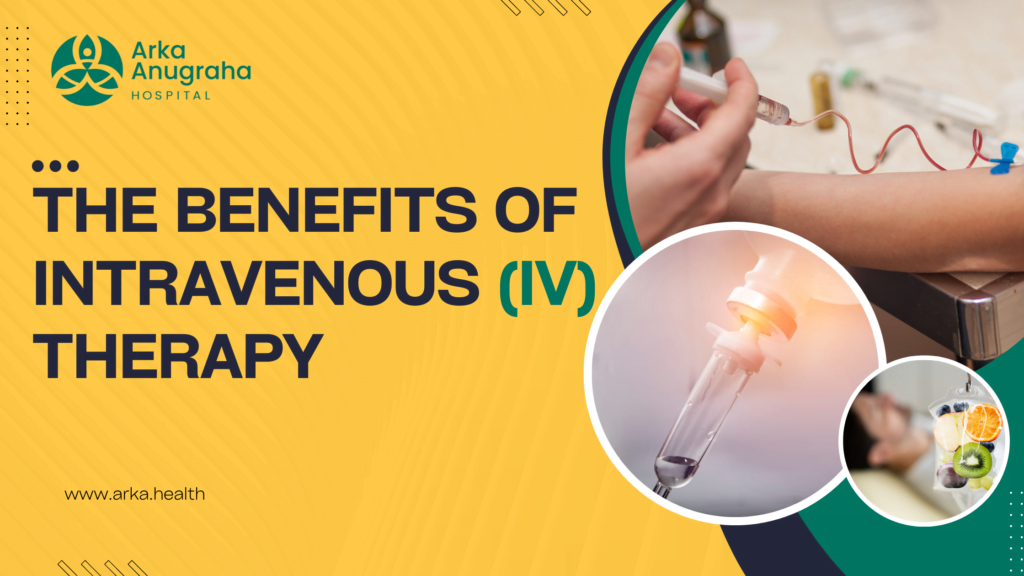Functional Medicine and Mental Health: Addressing the Root Causes of Depression and Anxiety
Functional Medicine and Mental Health: Addressing the Root Causes of Depression and Anxiety Home > Blogs Author Dr. Gaurang Ramesh Date July 16, 2023 Dear readers! As a Gastrointestinal Surgeon integrating functional and conventional gastroenterology in India, I often encounter patients who wrestle with more than just physical discomfort. A significant number of them grapple […]














